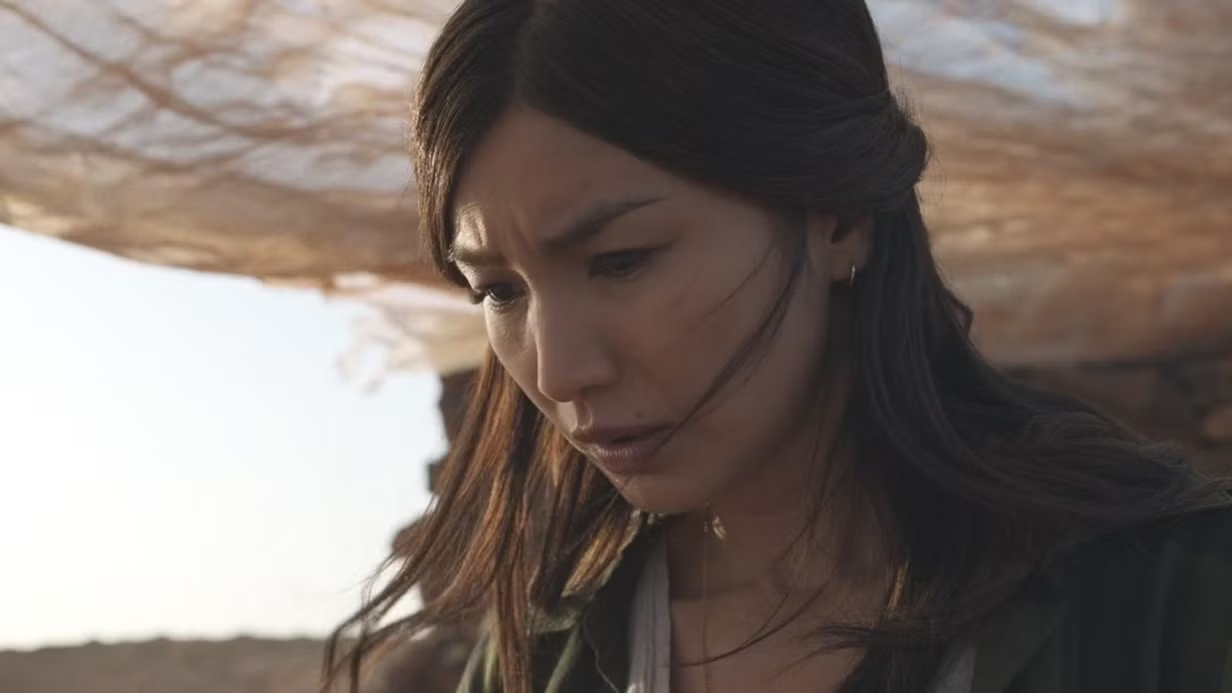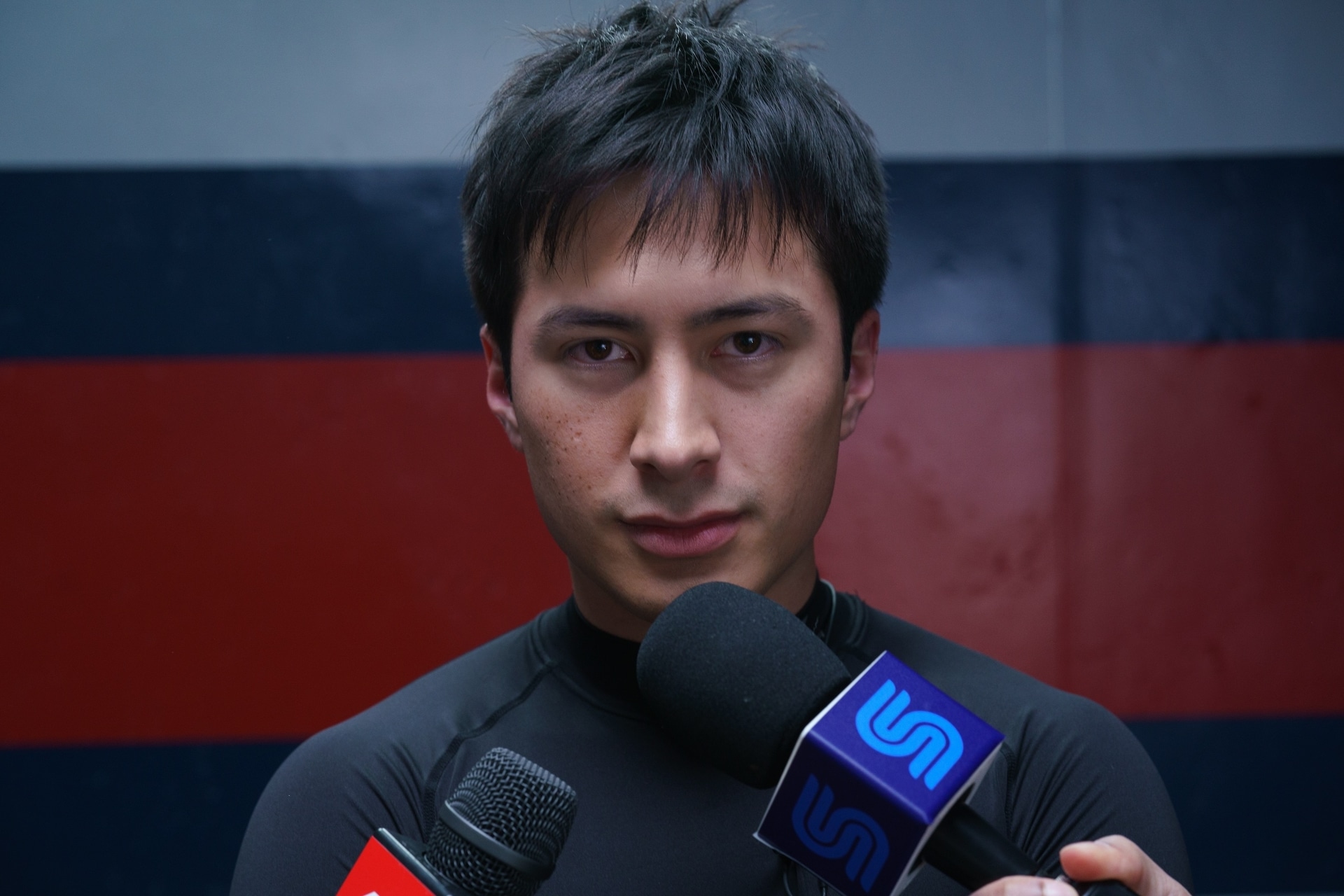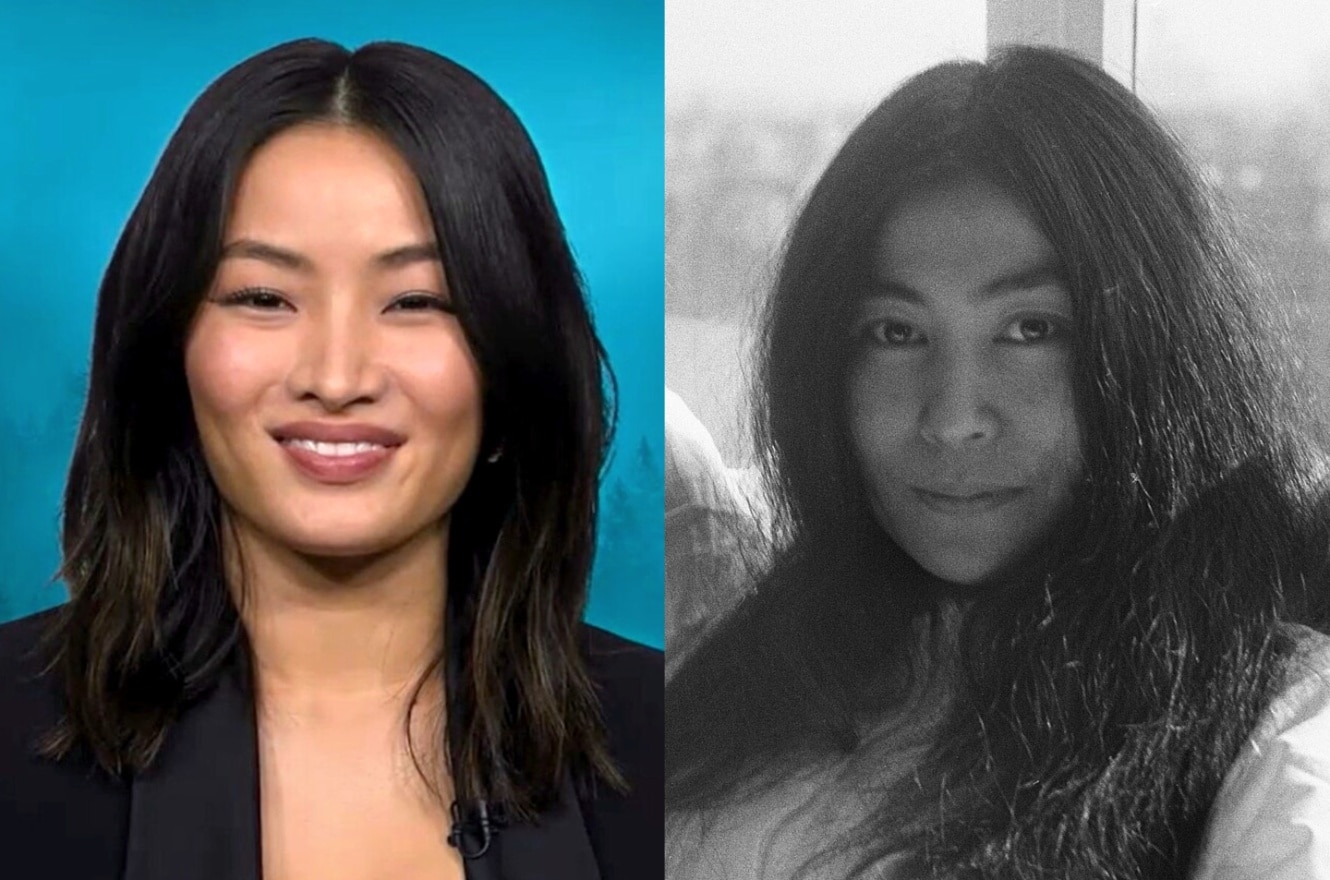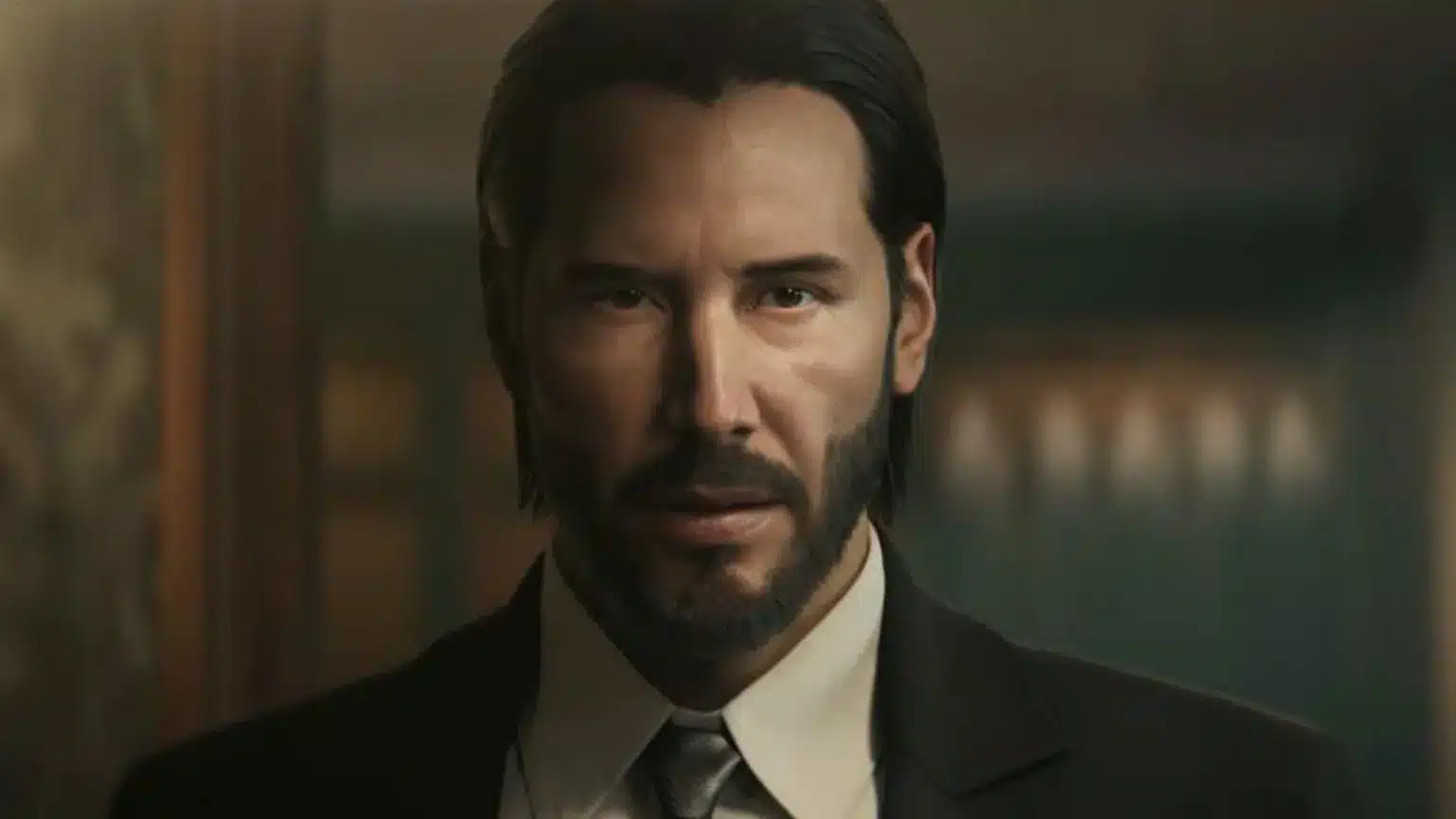Elizabeth Lo’s latest film, Mistress Dispeller, offers a uniquely intimate look into modern Chinese relationships, showing that beneath the surface of a scandal, there are universal truths about love and family.
It’s a familiar story of marital betrayal: a wife discovers her husband is having an affair with a younger woman. In many cultures, this is the opening act of a drama filled with shouting matches, broken dishes, and lawyers. But in Elizabeth Lo’s new documentary, Mistress Dispeller, the story unfolds with a quiet, almost dispassionate grace. The wife, Mrs. Li, doesn’t confront her husband, Mr. Li. Instead, she hires a professional a “mistress dispeller” named Wang Zhenxi to end the affair for her. The film becomes a master class in mediation, showing how a third party can untangle the threads of a broken marriage without a single confrontation.
For Lo, a Hong Kong native, this approach to conflict is a natural extension of her own experiences. She told me that while Western films often portray love through big, spoken gestures, her upbringing taught her a different kind of language. “Love is often shown through acts of service or quality time, rather than verbal affirmations or physical touch,” she explained. This idea, that love is a thing of action, not words, is what drew her to the subject. She saw in the “mistress dispelling” profession a way to explore a form of love that is “expressed through actions rather than words”.
The film, she hopes, will serve as a bridge, offering a side of China rarely seen by outsiders. “I felt that many documentaries about China consumed in the West tend to focus on political issues,” she said. But she wanted to make something that was relatable to everyone, something that showed the fundamental human emotions we all share. It’s a risk to show something so personal in a time of political polarization, but Lo believes that focusing on universal feelings like “heartache, betrayal, longing, and desire” can help viewers see beyond stereotypes.

The Art of the Quiet Intervention
The central figure in this story is Teacher Wang, the “mistress dispeller.” She’s not a therapist in the Western sense. She’s an emotional strategist who operates on a quiet, almost undetectable level. She’s hired by the wife to get rid of the mistress, but she does it by befriending all three people in the love triangle. She approaches them without judgment and with so much empathy, Lo told me, that they all come to trust her completely.
Lo confessed that she herself would have “personal problems with her approach from an ethical standpoint because deception plays such a big role”. But she also understands that Wang’s methods are a direct response to a specific cultural context. “If she were to introduce herself as a family therapist, the husband would likely eject her immediately,” Lo said. “By positioning herself as a long-lost friend or someone connected to their social circles, she is more likely to be trusted and accepted”. In a culture where domestic shame is kept private, Wang’s quiet, indirect approach is not just a tactic it’s a necessity.

Her work shows a very different way of handling infidelity. When asked about the difference between Western and Asian audiences, Lo noted that Western viewers often wonder why the wife doesn’t just leave, while Asian audiences accept the wife’s decision to save her family. “This speaks to the difference between a more collectivist culture, where you sacrifice for the greater good, and a Western culture, where the pursuit of one’s own happiness is paramount,” Lo said. She argues that while some might critique the indirectness of the “mistress dispelling” method, it’s a valid alternative to direct confrontation.
A Story of Trust and Vulnerability
To make this film, Lo had to find a way to earn the trust of the three main people involved, which was a complex process. She explained that the wife, Mrs. Li, was convinced to participate through her brother, who had been a former client of Teacher Wang. He vouched for both the filmmaker and Wang, calling Wang a “magician”. But the husband, Mr. Li, and the mistress, Faye, were only told they were participating in a documentary about “modern love, marriage, and dating”.
Lo knew this was a huge ethical challenge. To address it, her team had a contingency plan. They filmed for three years, gathering material from different “love industries” in China, including dating camps and divorce lawyers. This gave them enough material to make a film with a more essay-like structure, had the main subjects decided to withdraw their consent. Lo and her producers went back to China after filming to show the couple and the mistress the final cut. She told me the openness of the subjects was “truly remarkable” and a sign that the film was worth the risk.

Looking back on her experience, Lo shared a profound lesson that goes beyond the specifics of the film. “I think the lesson isn’t just from Wang but from everyone we filmed with over those three years,” she said. “It made me realize that nobody truly knows what they’re doing when it comes to love”. The film shows that we are all on a lifelong journey of healing ourselves as we try to love and be loved. It’s a message that feels both personal and universal, just like the film itself.
Mistress Dispeller is opening exclusively at Bertha Dochouse in the UK. You can catch the opening night screening on Friday, August 22, which includes a Q&A with director Elizabeth Lo.
Additional screenings are scheduled for
Saturday, August 23 at 8:10 PM
Sunday, August 24 at 4:00 PM
Monday, August 25 at 6:10 PM
Tuesday, August 26 at 4:00 PM
Wednesday, August 27 at 6:20 PM
Thursday, August 28 at 8:40 PM









